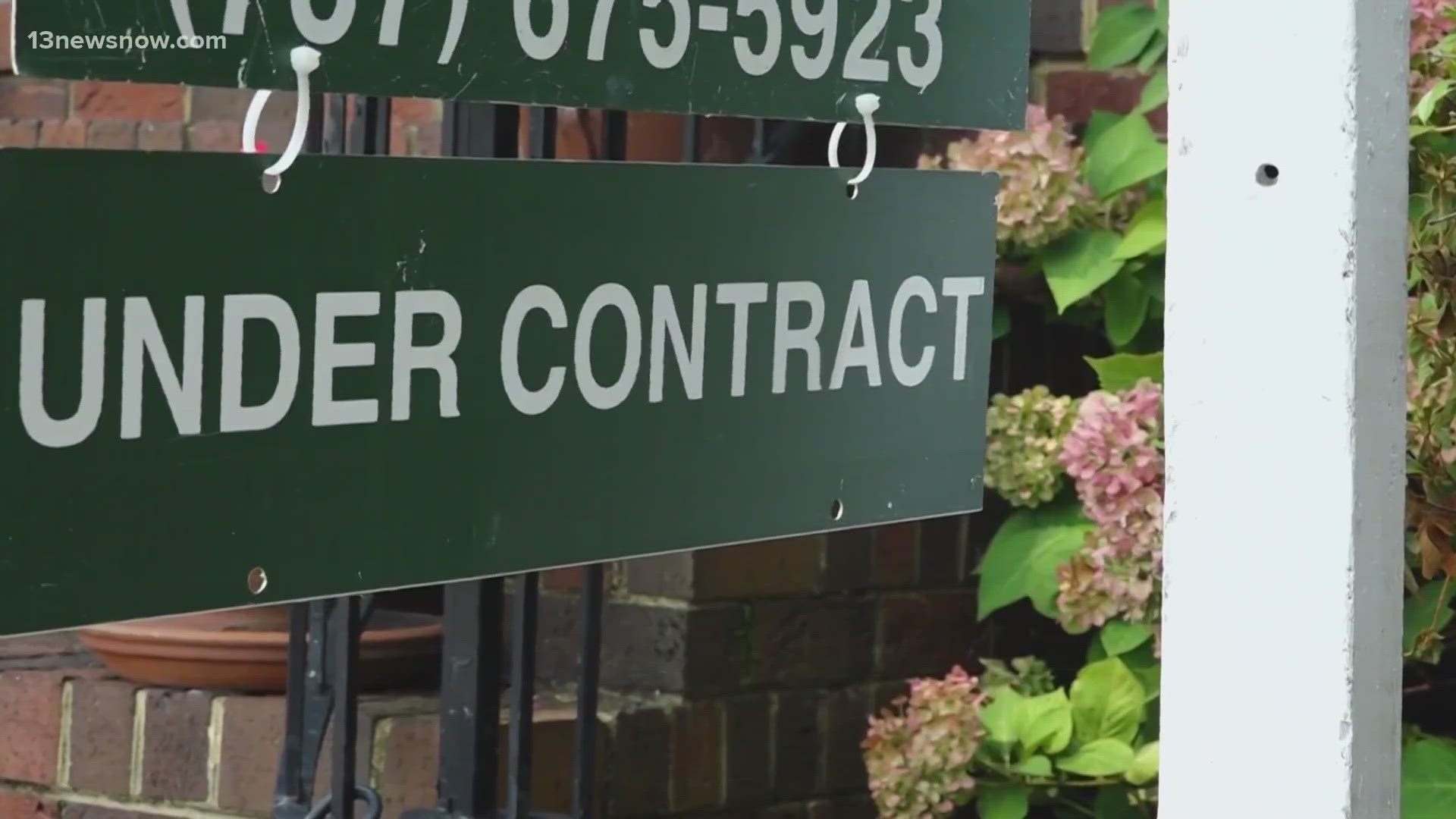RICHMOND, Va. — Among the hundreds of bills from the 2023 General Assembly session which Virginia Gov. Glenn Youngkin signed into law this week, there are a handful of tenants rights bills that housing advocates are calling wins in bridging the power gap between renters and landlords.
“There are groups that are so focused on maximizing landlord profit, that we’re continuing to see the same conversations, and the tensions remain,” Christie Marra said.
Marra, the Director of Housing Advocacy for the Virginia Poverty Law Center, highlighted three tenant rights bills passed into law from the most recent lawmaking session. The bills, which take effect July 1, are “important notice and process bills.”
“Very pleased with the small progress we made this year, but I recognize there is a long way to go,” Marra said.
HB 1702- Notice of rent increase
“Requires a landlord who owns more than four rental dwelling units or more than a 10 percent interest in more than four rental dwelling units, whether individually or through a business entity, in the Commonwealth to, in the case of any rental agreement that contains an option to renew or an automatic renewal provision, provide written notice to the tenant notifying the tenant of any increase in rent during the subsequent rental agreement term no less than 60 days prior to the end of the current rental agreement term.”
HB 2441- Extended eviction notices for month-to-month tenants
“Requires any owner of multifamily premises that fails to renew the greater of either 20 or more month-to-month tenancies or 50 percent of the month-to-month tenancies within a consecutive 30-day period in the same multifamily premises to serve written notice on each such tenant at least 60 days prior to allowing such tenancy to expire. The bill exempts a landlord from the 60 days' notice requirement where a tenant has failed to pay rent in accordance with the rental agreement.”
HB 1635- Refund for “uninhabitable dwelling”
“Provides that a tenant may terminate the rental agreement and receive a full refund of all deposits and rent paid to the landlord if, at the beginning of the tenancy, a condition exists in the rental dwelling unit that constitutes a fire hazard or serious threat to the life, health, or safety of tenants or occupants of the premises…”
Marra cited that while the above bills did become law, several VPLC-supported efforts did not make their way to the governor’s desk:
HB1532- Rent stabilization provisions
“Provides that any locality may by ordinance adopt rent stabilization provisions. The bill provides for notice and a public hearing prior to the adoption of such ordinance and specifies that all landlords who are under rent stabilization may be required to give up to a two-month written notice of a rent increase and cannot increase the rent by more than the locality's rent stabilization allowance…”
HB1650- Enforcement by localities
“Provides that if a condition exists in a rental dwelling unit that constitutes a material noncompliance by the landlord with the rental agreement or with any provision of law that, if not promptly corrected, constitutes a fire hazard or serious threat to the life, health, or safety of tenants or occupants of the premises, a locality may institute an action for injunction and damages to enforce the landlord's duty to maintain the rental dwelling unit in a fit and habitable condition…”
SB 941- Security deposit payments
“Provides that if a tenant is present for a move-out inspection, there are no damages to the dwelling unit beyond normal wear and tear based upon such inspection, and the tenant does not owe any rent to the landlord as of the date of such move-out inspection, the landlord shall refund the entirety of the security deposit to the tenant within 15 business days of the date of such move-out inspection.”
SB 1138- Addressing rent increases during tenancy
“Provides that, except for any increase in rent that occurs after the first year of a lease with a term longer than one year, a rental agreement shall not contain provisions that the tenant agrees to pay any increase in rent during the term of a written lease unless such increase is agreed to in a separate, written document signed by the tenant and the landlord…”

